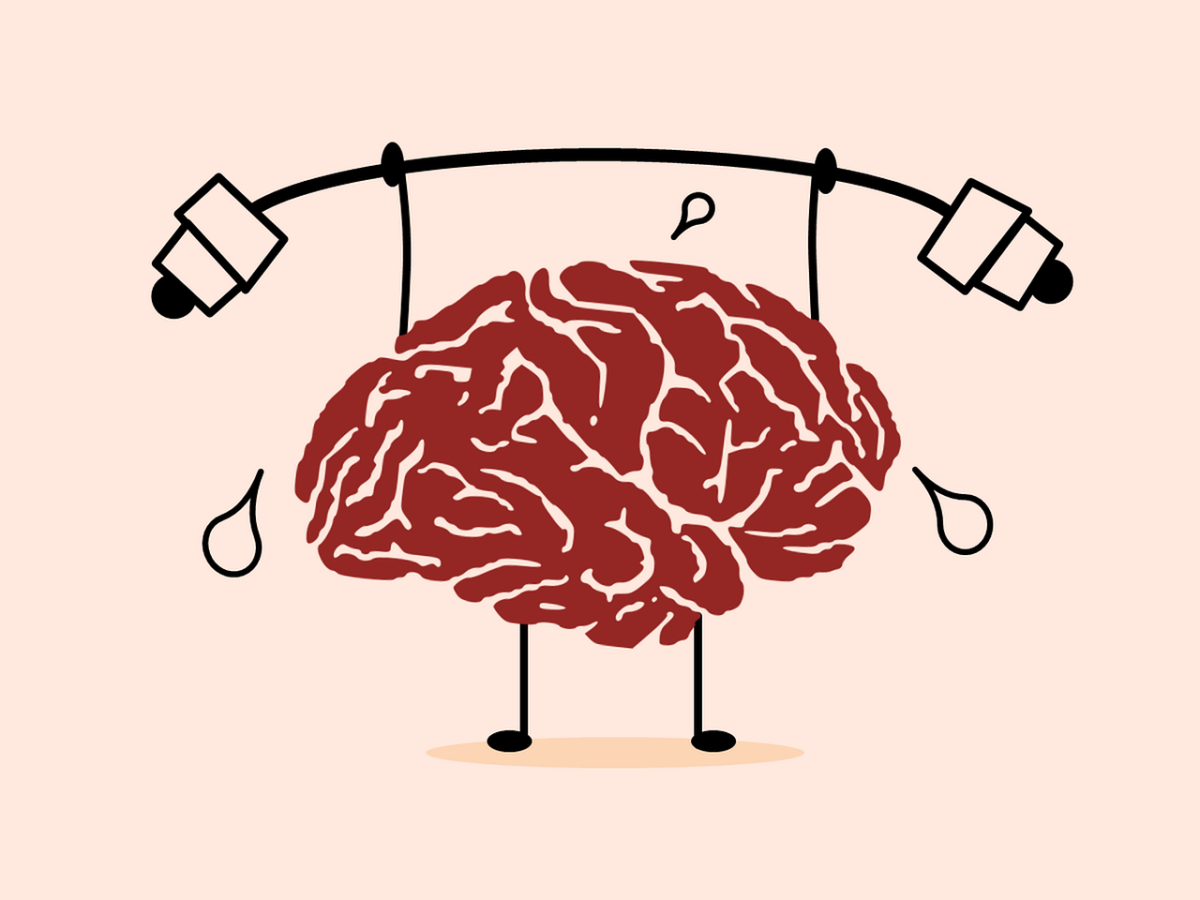Mental problem is real among college students. Unfortunately, the problem is increasing every year. A recent survey showed that 3 out of 5 college students experienced overwhelming anxiety and 2 out of 5 students were too depressed to function in the past year.
In separate research in the United States, it was discovered that 35% of the surveyed 14,000 first-year college students in 8 countries struggled with a mental illness. In some extreme cases, this problem resulted in suicide or even crime such as shooting.
Other independent research has also shown that a lot of students are struggling with mental health issues such as depression, anxiety, and even substance abuse. Unfortunately, the number of students able to access the right mental care is still very small.
Recently, a number of individuals and independent organizations have cried out against what seems like utter neglect of college students’ mental health. Last week, a frustrated student ask the government “Why are we ignoring our college students’ mental health?” There is no doubt that colleges have limited resources to help students. Thus, we are going to look at how colleges are responding to the issues of mental health.
Ways Colleges Are Supporting Students Mental Health
1. Increased Awareness From the Start
In recent years, colleges are trying to provide orientation sessions on mental health issues. This involves making use of different methods such as panel discussions, role plays, short videos, and even student testimonials to teach a student how to recognize mental illness symptoms and what they can do. One of the universities pioneering this is Northwestern University. As a new student, it is important that you take advantage of these programs and learn about mental health issues and how you can deal with them.
2. Free Mental Health Screenings
Some colleges are now introducing mental-health kiosk where students can get free mental health screening. Nowadays, colleges are encouraging students to monitor their mental health the same way they monitor their physical health. Avoid passing up an opportunity to get free mental health screening. It could save your life.
3. Programs and Initiatives
Universities are now introducing various programs, courses, and initiatives to help students identify and talk about their mental health. These programs and initiatives also help students learn how to get help. A good example is a new program called “This Way Up” designed by Professor Gavin Andrews and his team at St. Vincent’s Hospital in Sydney to help students understand their emotions and get help.
Final Words
Mental health is a big concern in our modern society. Governments and institutions need to step up the effort to combat growing mental health issues in our society especially among college students. Currently, there is a shortage of qualified mental health professionals which makes this profession lucrative at the moment. Studying masters in school counseling can help you learn ways you can help people and also earn lucratively while doing what you love.


